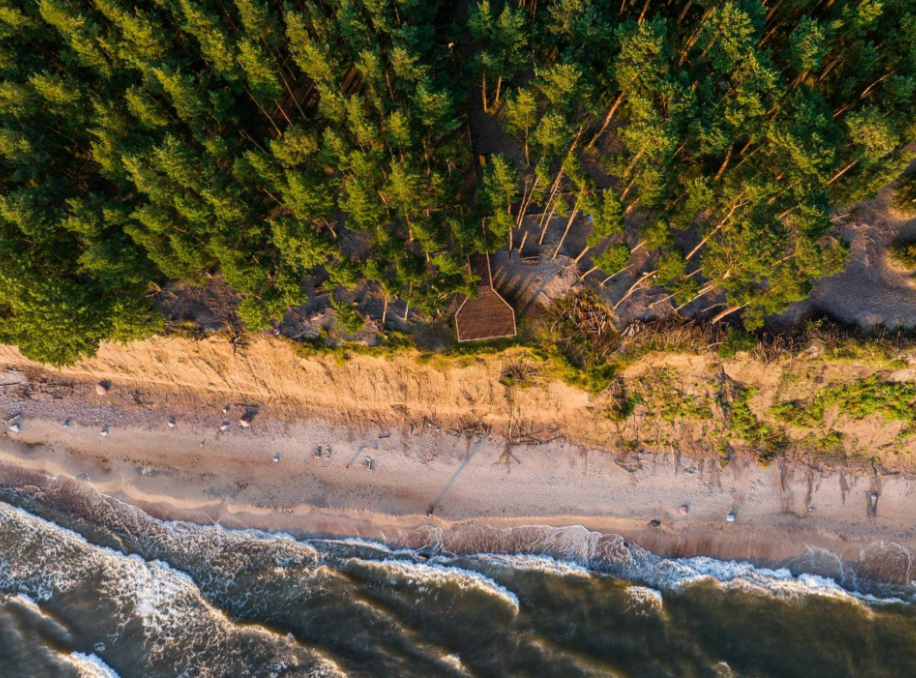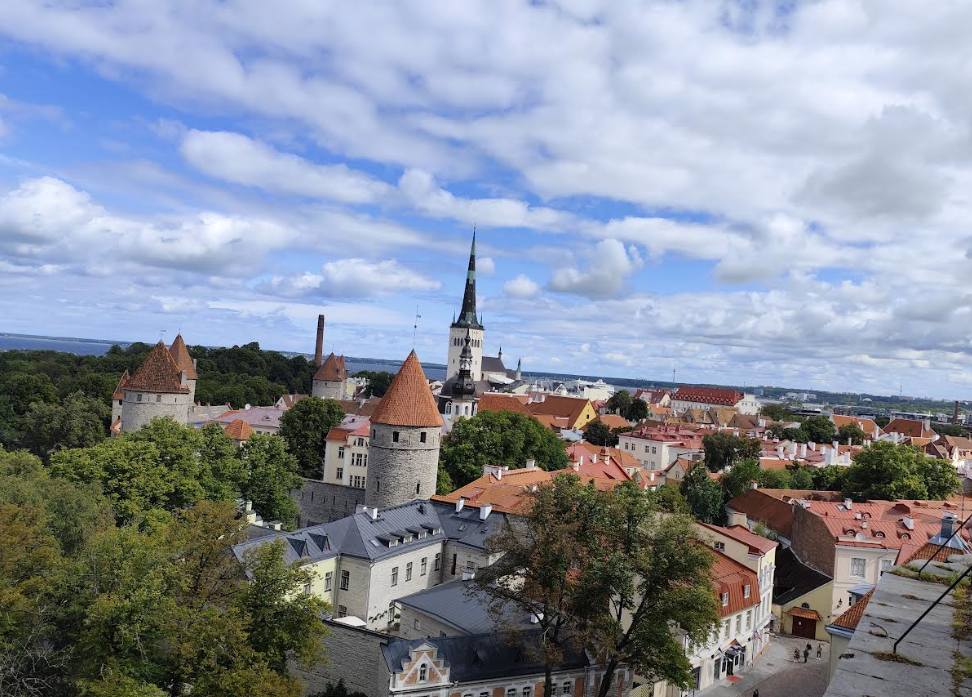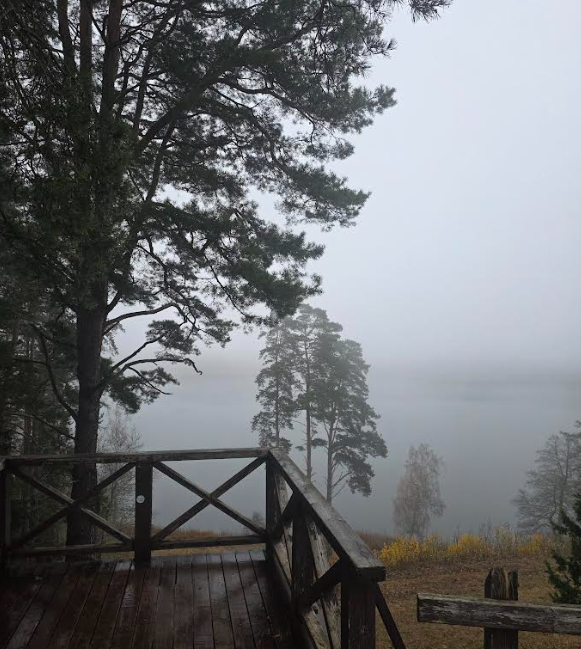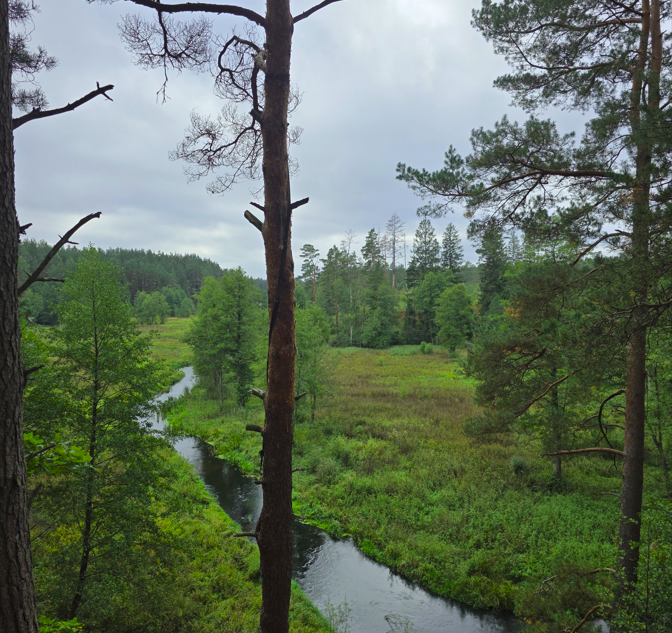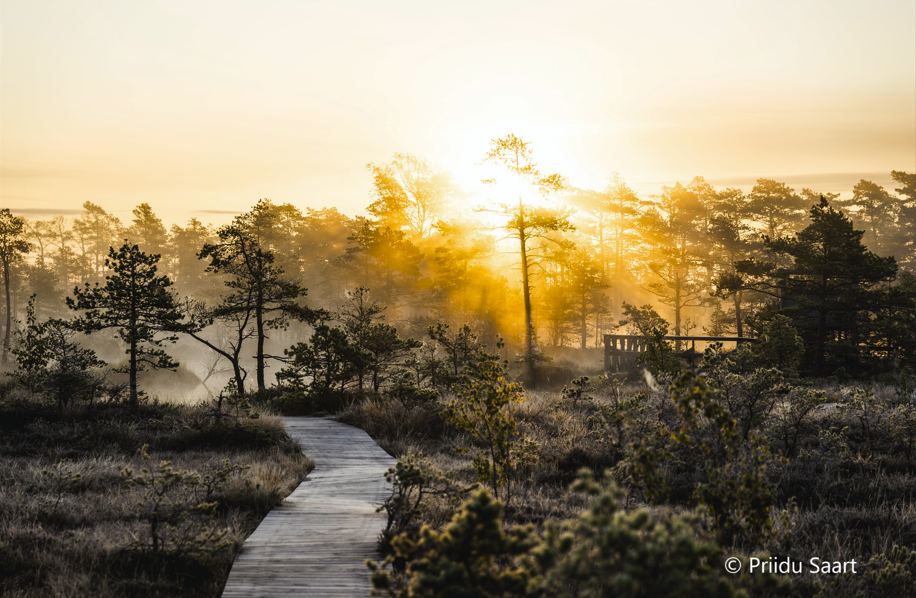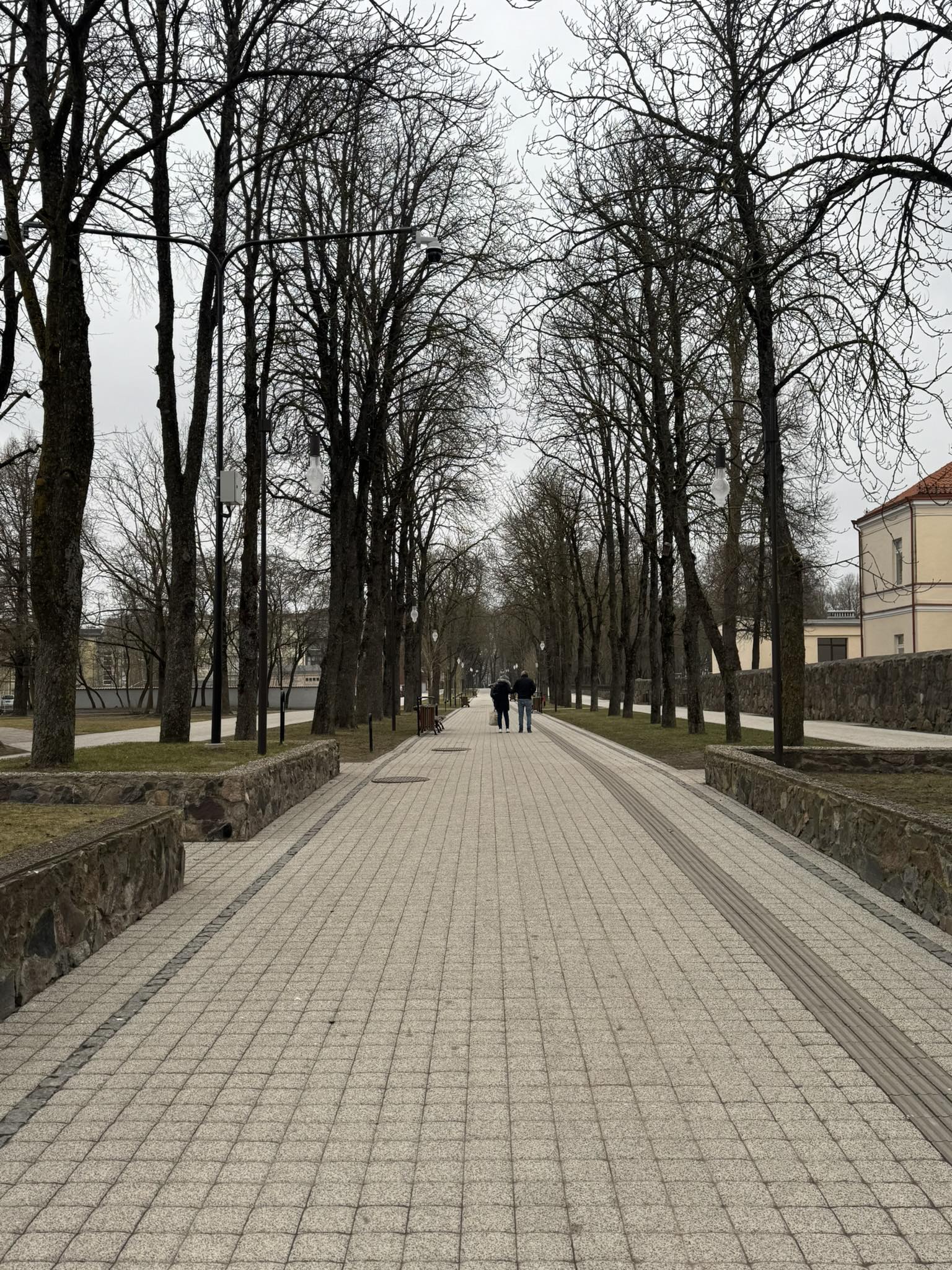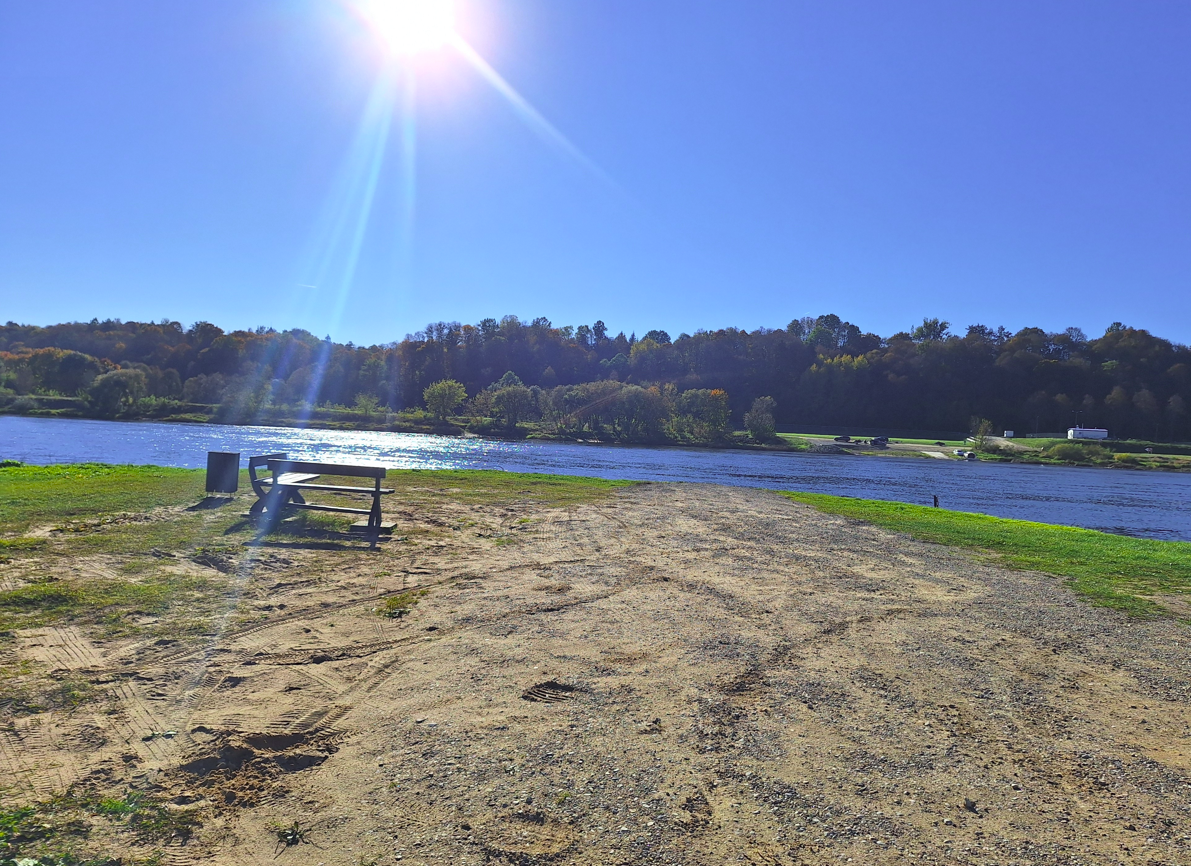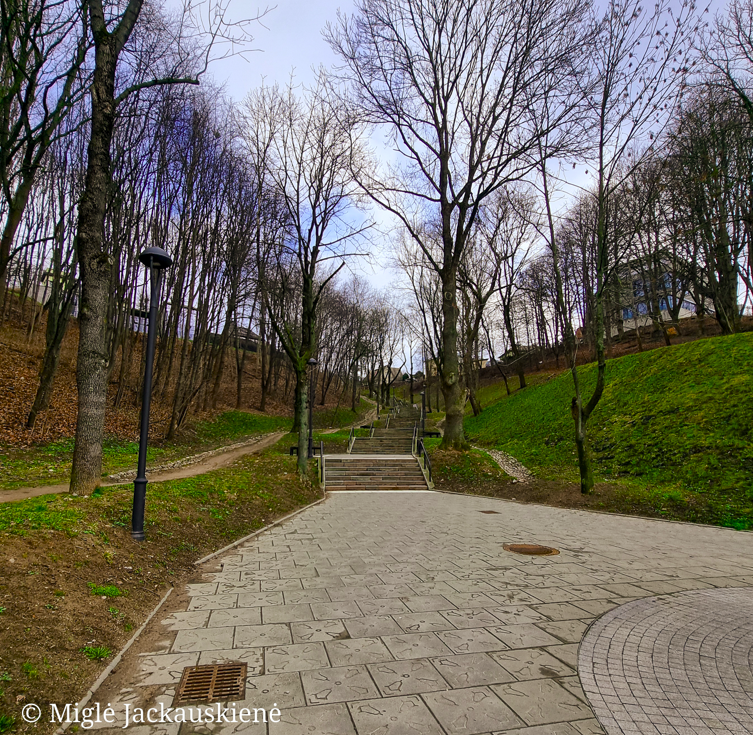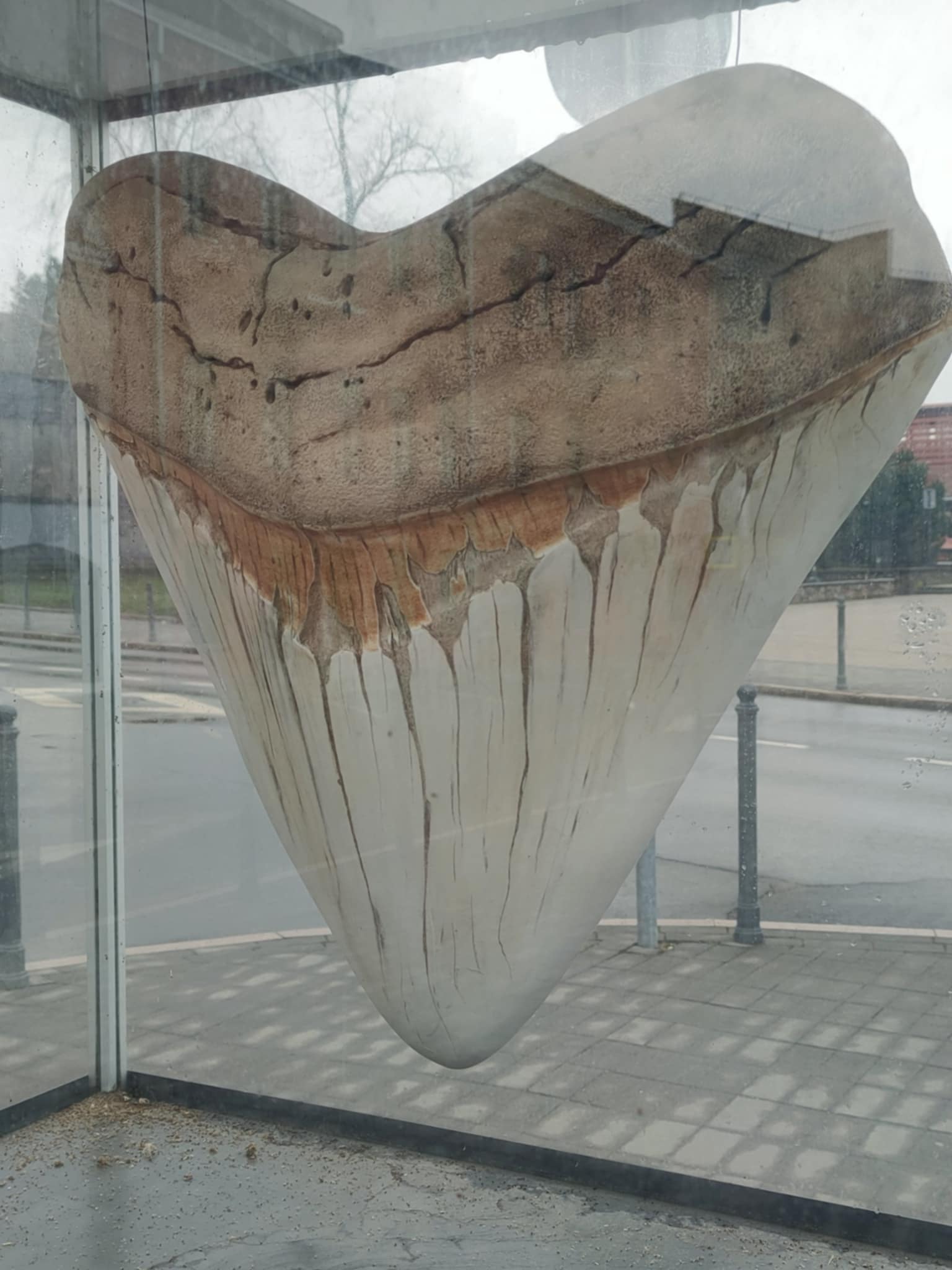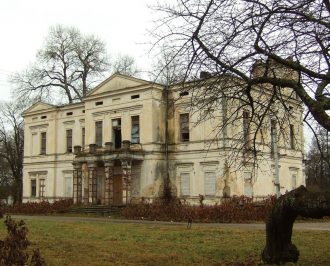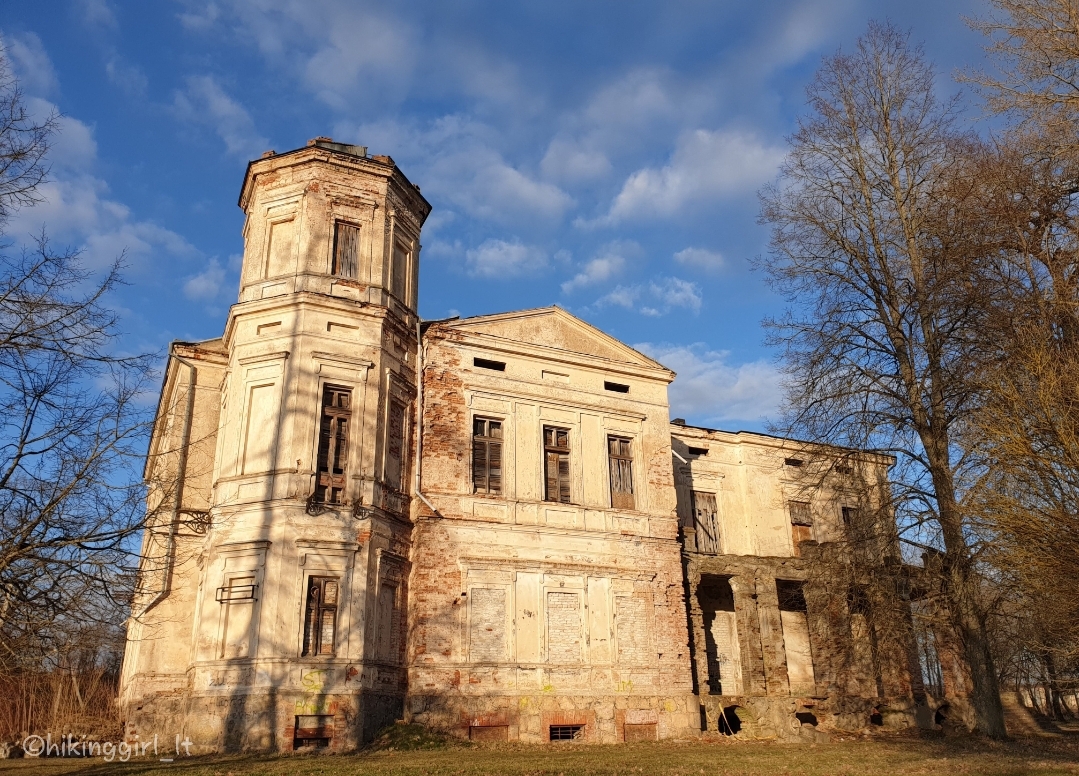Baltoji Vokė Manor

221

1

0
0 out of 5
(0 reviews)
Baltoji Vokė Manor, located in the Vilnius district, is rich in historical heritage, starting from 1838 when it came under the ownership of the Lenskis family. Interestingly, as early as 1813, a unique octagonal chapel was built near the current manor palace. In the fourth quarter of the 19th century, the grand manor palace was constructed, and the manor park, reflecting the popular geometric style of the time, began to take shape.
Info
-

Manors
-
Baltoji Vokė
-
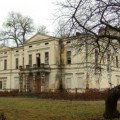
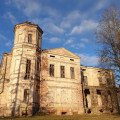
Baltoji Vokė Manor, located in the Vilnius district, is rich in historical heritage, starting from 1838 when it came under the ownership of the Lenskis family. Interestingly, as early as 1813, a unique octagonal chapel was built near the current manor palace. In the fourth quarter of the 19th century, the grand manor palace was constructed, and the manor park, reflecting the popular geometric style of the time, began to take shape.
In the early 20th century, an exceptional mausoleum church was built, based on the initiative of Hilarijus and Vladimiras Lenski and designed by architect Tadeusz Rostworowski, reinforcing the cultural and spiritual significance
of the manor estate. The Lenskis family also operated a water mill and a match factory near the manor, demonstrating the estate's economic potential.
Despite financial difficulties leading to the sale of the manor to František Veisenhof in 1937, the manor buildings retained their historical character. After World War II, the estate housed a Soviet farm and later the Vilnius Agro-Zootechnical School, which still operates today as the Vilnius School of Technology, Business, and Agriculture.
Today, Baltoji Vokė Manor is an important educational, cultural, and historical heritage site, reflecting its rich past and contemporary purpose.
Found a mistake?
Report

 Entertainment
Entertainment
 Food establishments
Food establishments

















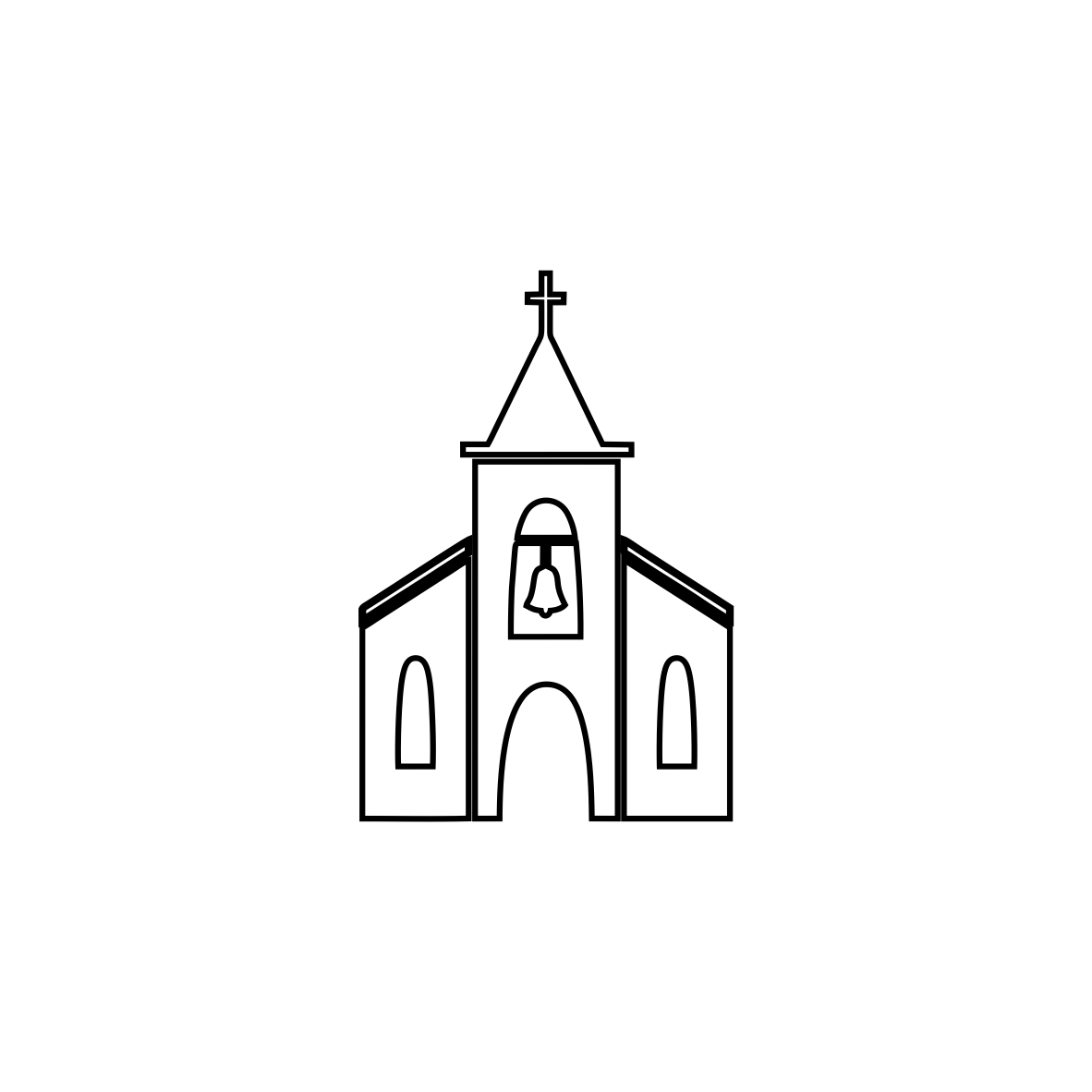




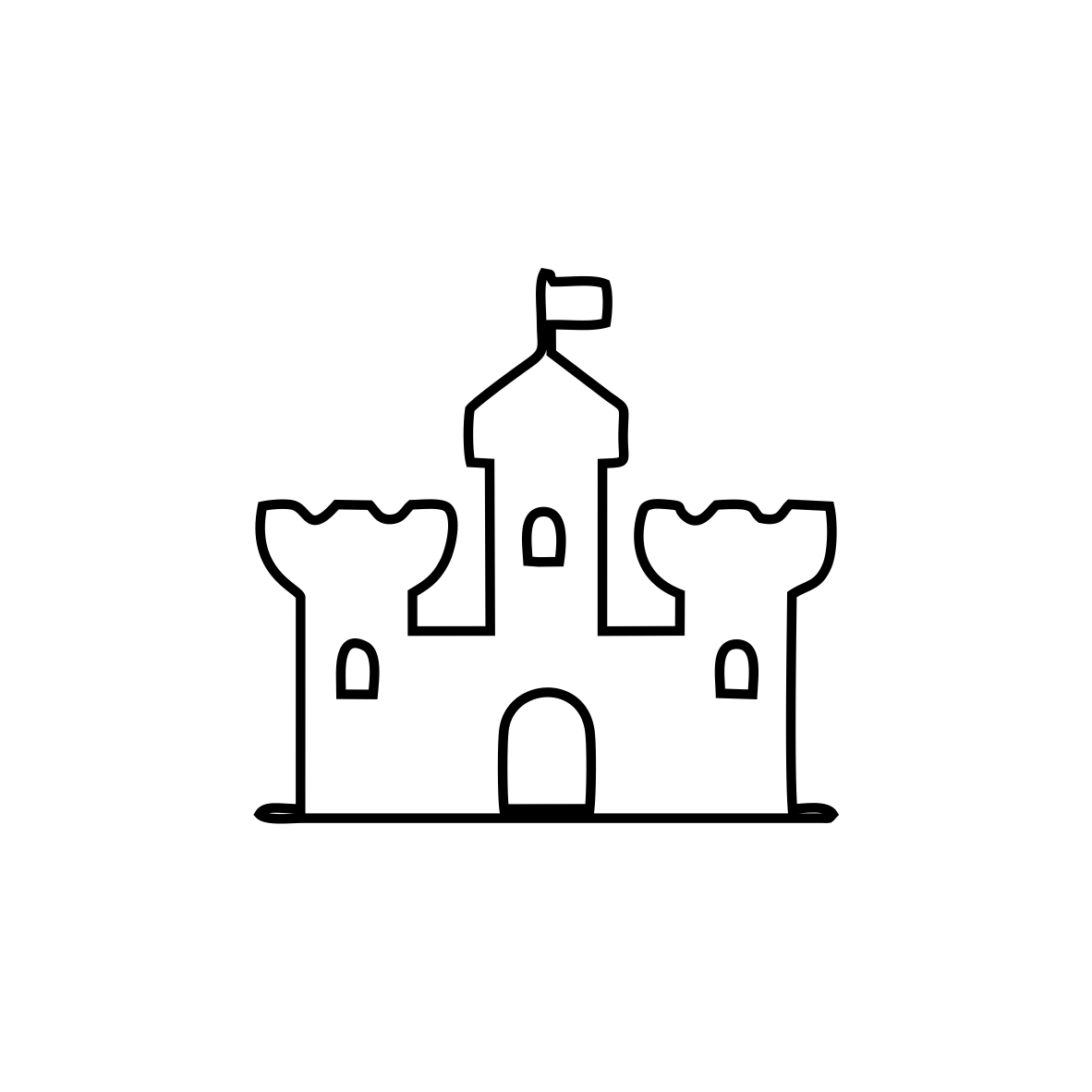
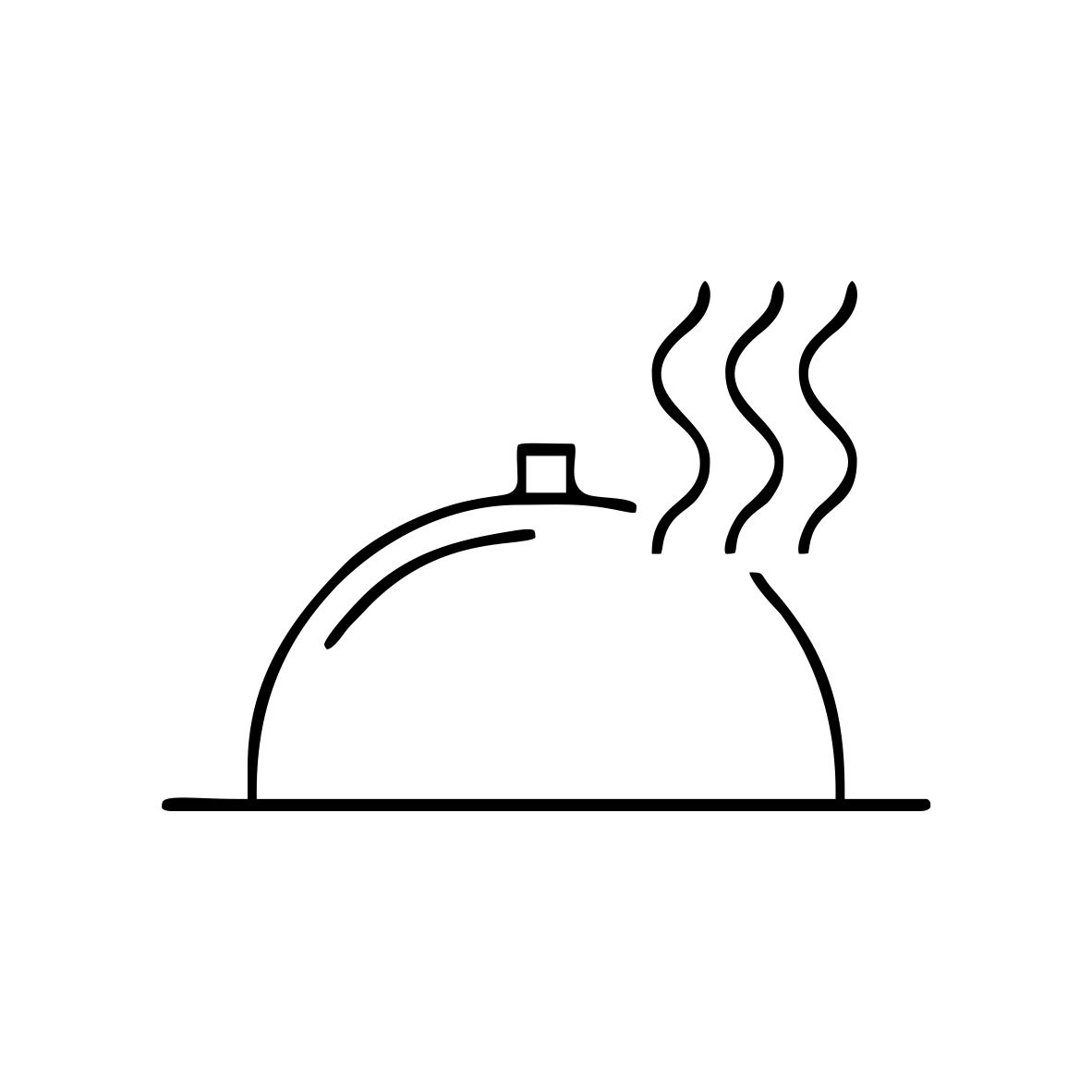
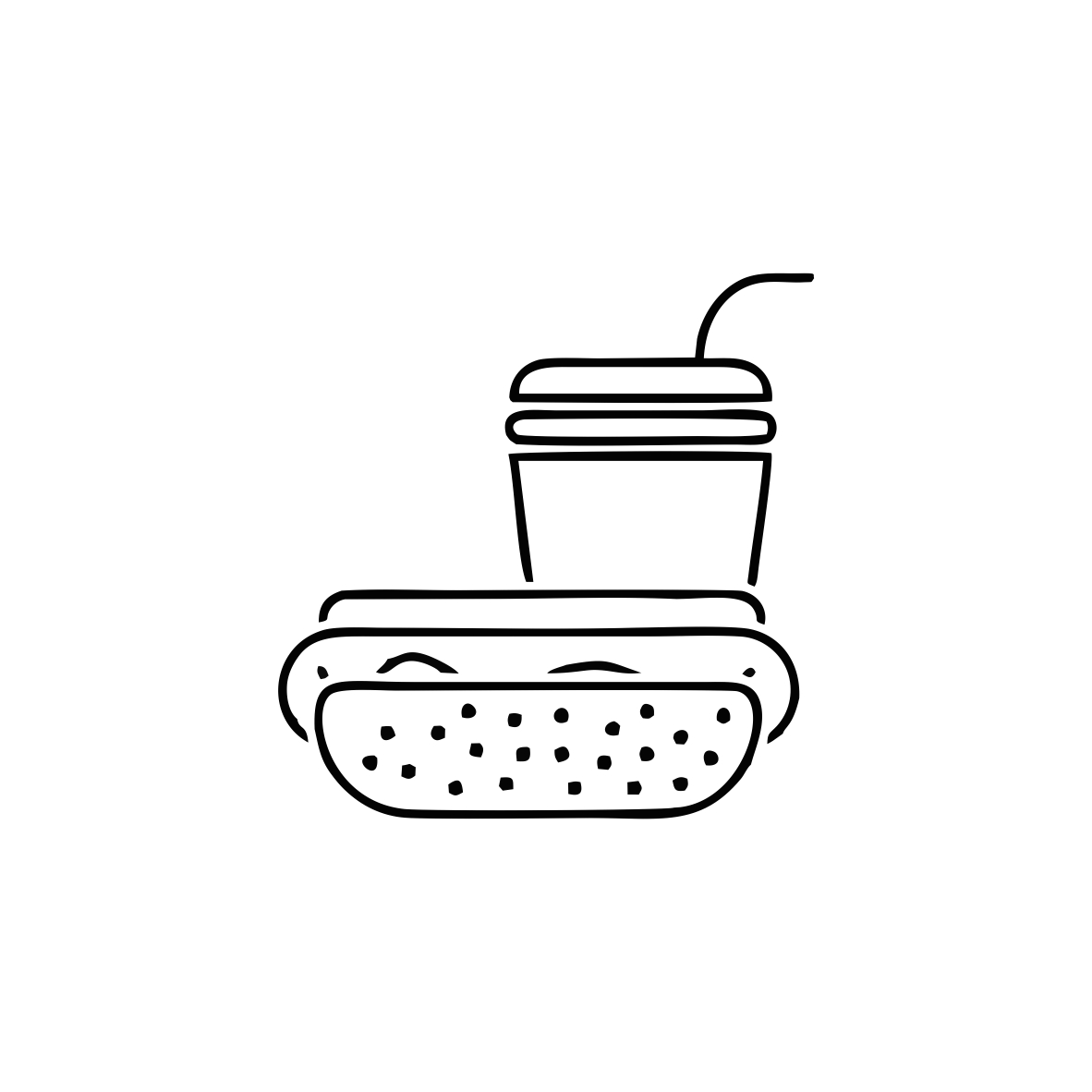




 54.598389, 25.189813
54.598389, 25.189813
 Get directions
Get directions